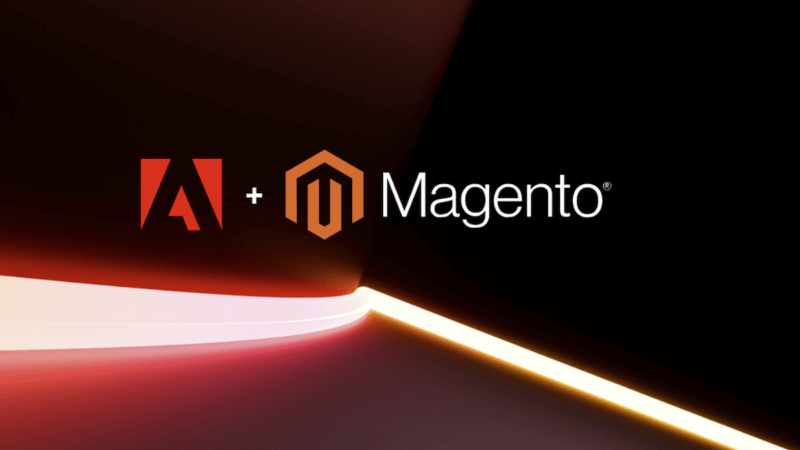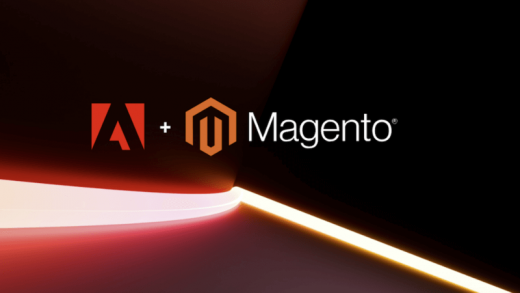Adobe suits up for e-commerce competition with its purchase of Magento
The $1.68 billion acquisition of the popular open source platform prepares Adobe for e-commerce battle with Salesforce, SAP, Oracle and others.

From Adobe
Adobe, which has been busy boosting its capabilities in advertising, content creation and analytics, has now added a major commerce component with the announcement Monday that it will buy Magento Commerce for $1.68 billion.
An open source platform with 300,00 developers, 800 technology partners and 350 integrated systems in its community, Magento provides order management, shipping and predictive intelligence, as well as online stores.
Small to medium-sized brands as well as enterprises like Canon, Rosetta Stone, Coca-Cola, Warner Music Group, Nestlé and Cathay Pacific employ Magento. Mark Lavelle, Magento CEO, will lead the effort within Adobe’s Digital Experience business. Magento’s software was first generally released in 2008. In 2011, it was purchased by eBay, but it went private again in 2015.
“Consumers and businesses now expect every interaction to be shoppable,” EVP and GM Brad Rencher wrote in a post on the Adobe Blog. “This is the future of commerce — Experience-driven commerce,” he said, echoing Adobe’s position that “people buy experiences, not products.”
Adobe “is the only company with leadership in content creation, marketing, advertising, analytics and now commerce,” Rencher said in a statement accompanying the announcement.
Previously, Director of Commerce Program and Strategy Errol Denger told me via email, Adobe “offered customers tight integrations with third-party commerce solutions,” which will continue. The addition of Magento, he said, closes “the loop in a way no other player in the market can do today from advertising to post-purchase support.”
The acquisition boosts the e-commerce capabilities of Adobe’s Experience Cloud to take on the shopping muscle its competitors have added, possibly spinning this off into a separate Commerce Cloud. In 2016, Salesforce created a separate Commerce Cloud with its purchase of Demandware and recently expanded its support of B2B e-commerce with its acquisition of CloudCraze.
This past July, Oracle added to its e-commerce platform with the purchase of NetSuite, a provider of software for enterprise resource planning and e-commerce. In 2013, SAP bought Hybris to catch up in the enterprise e-commerce space.
Marketing Land – Internet Marketing News, Strategies & Tips
(22)



